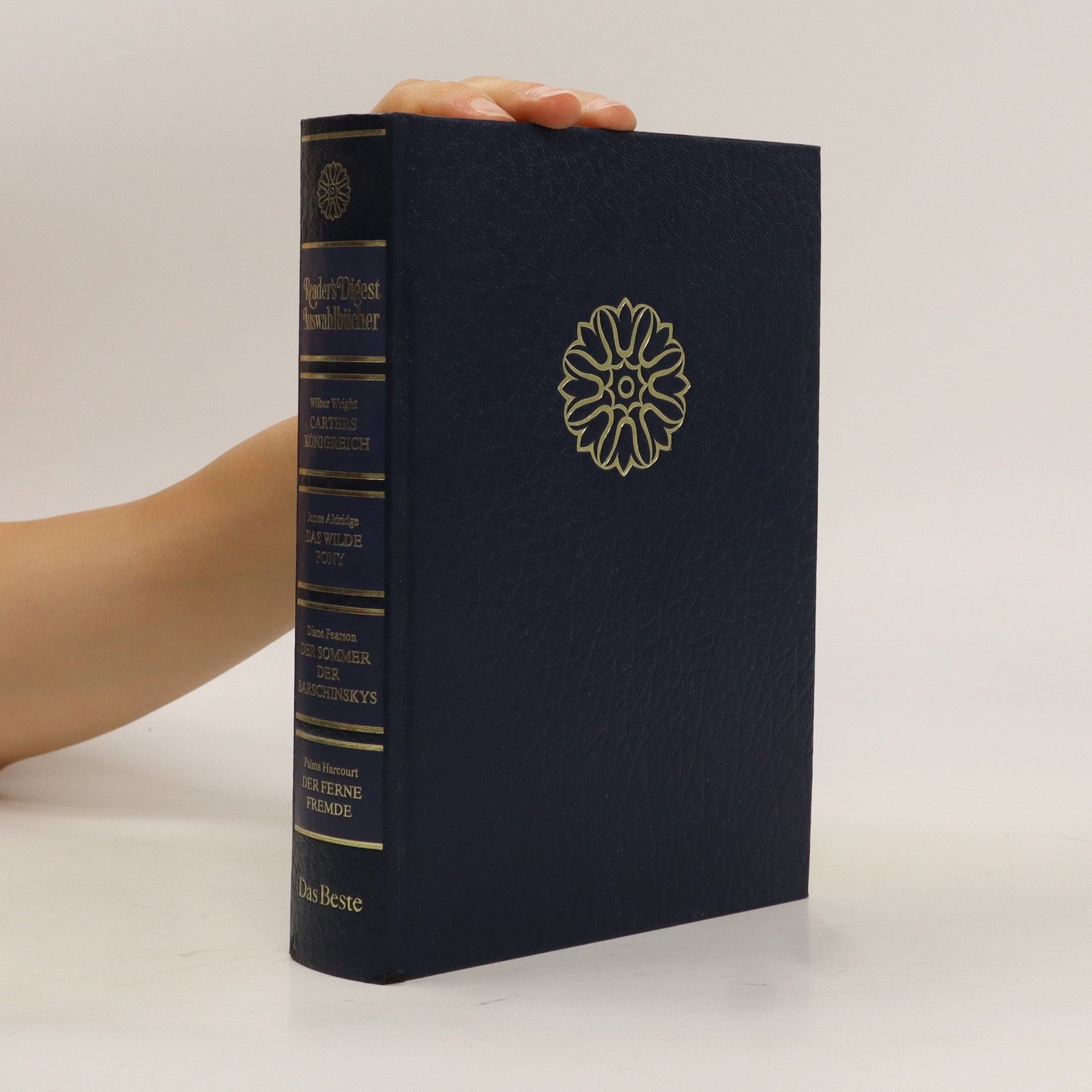Kellys Flucht
- 224 pages
- 8 hours of reading
Kellys Flucht - bk1124; Ullstein Verlag; Wilbur Wright; pocket_book; 1989
The American brothers Orville and Wilbur Wright are recognized as aviation pioneers who designed and built the world's first successful airplane. Their fundamental contribution was the invention of three-axis control, which enabled pilots to steer aircraft effectively and maintain its equilibrium, a method that became standard in aircraft design. Unlike other experimenters of their time, the Wright brothers focused on developing a reliable control system rather than solely on engine power. Utilizing their mechanical skills gained from working with various machinery, including bicycles, and through meticulous testing, they conducted extensive glider tests and gathered more accurate data than previously possible, leading to the creation of more efficient wings and propellers.



Kellys Flucht - bk1124; Ullstein Verlag; Wilbur Wright; pocket_book; 1989